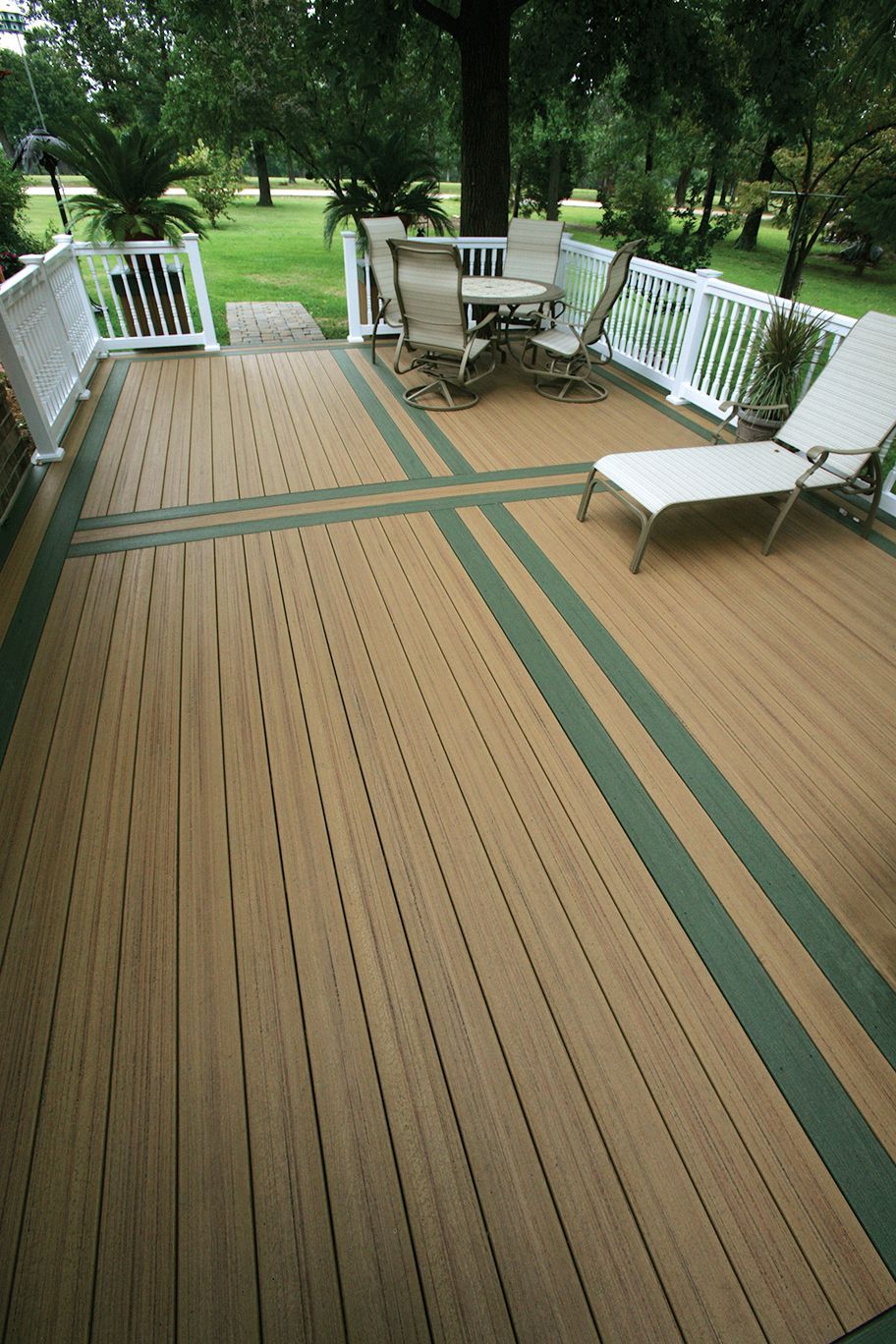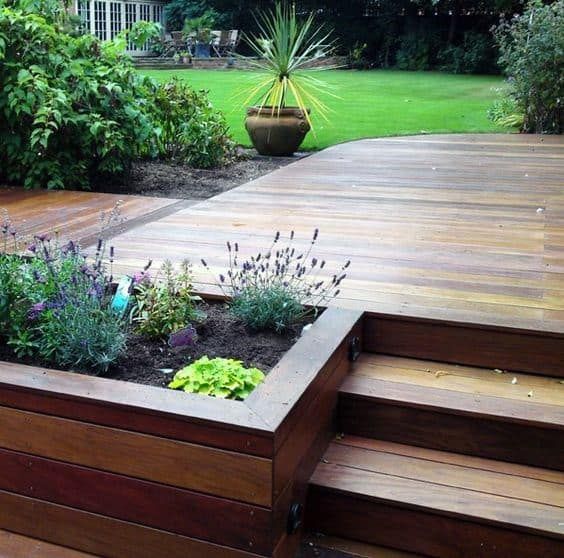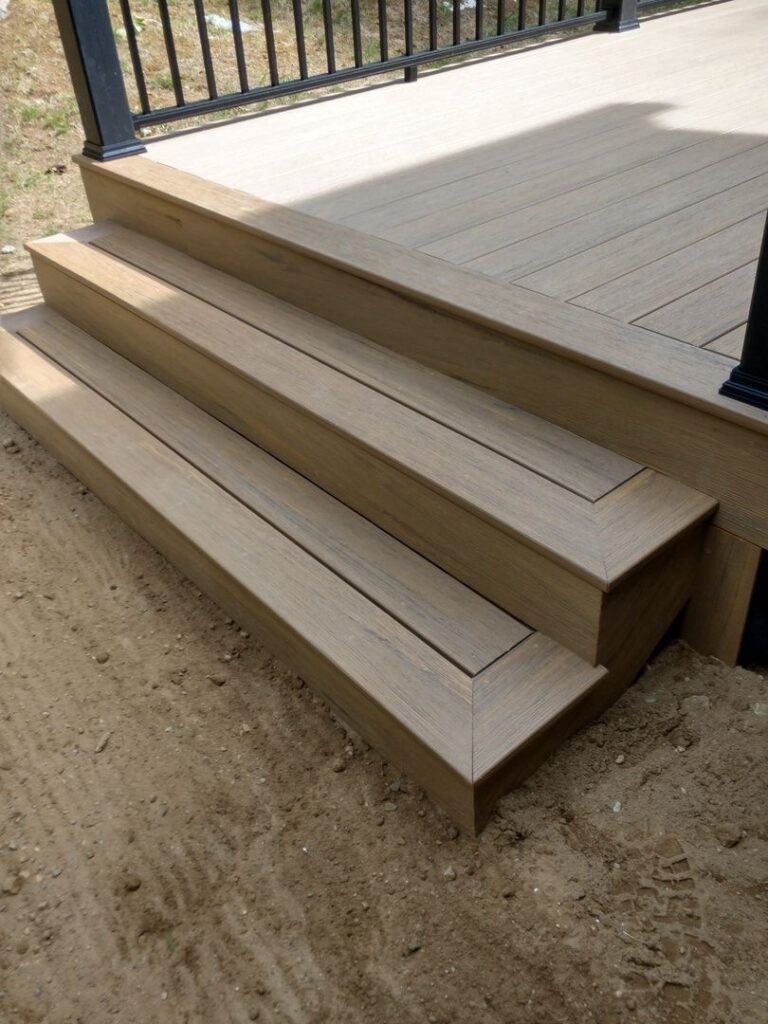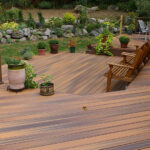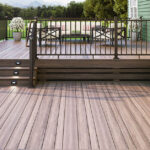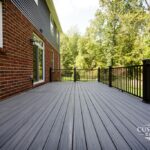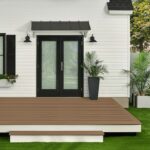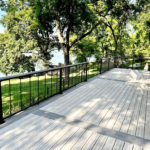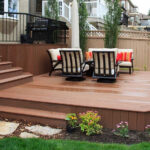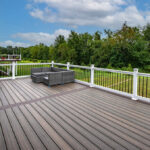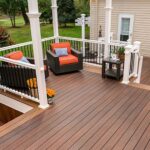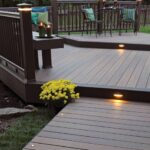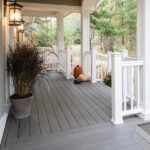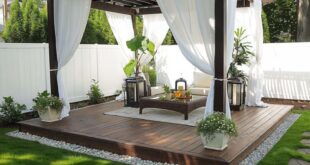Composite decking has become a popular choice for homeowners looking to build a durable and low-maintenance outdoor living space. Made from a combination of wood fiber and plastic, composite decking offers a variety of benefits over traditional wood decking.
One of the main advantages of composite decking is its durability. Unlike wood decking, composite decking is resistant to rot, decay, and insect damage. This means that homeowners can enjoy their deck for years to come without having to worry about the constant maintenance and upkeep that is required with wood decking.
In addition to its durability, composite decking is also very low-maintenance. Unlike wood decking, which needs to be regularly stained, sealed, and treated to prevent damage from the elements, composite decking simply needs to be washed periodically to keep it clean and looking new.
Composite decking is also environmentally friendly. Many composite decking materials are made from recycled materials, making them a sustainable choice for homeowners who are looking to reduce their carbon footprint. Additionally, composite decking does not require the use of harsh chemicals for maintenance, further reducing its impact on the environment.
Another benefit of composite decking is its versatility. Available in a wide range of colors and finishes, composite decking can complement any style of home or outdoor living space. Whether you prefer a modern, sleek look or a more traditional, rustic aesthetic, there is a composite decking option to suit your taste.
Finally, composite decking is a cost-effective option for homeowners in the long run. While the upfront cost of composite decking may be higher than wood decking, the savings in maintenance and upkeep over time can make it a more affordable option. Additionally, the durability of composite decking means that homeowners will not have to worry about replacing their deck as frequently as they would with wood decking.
